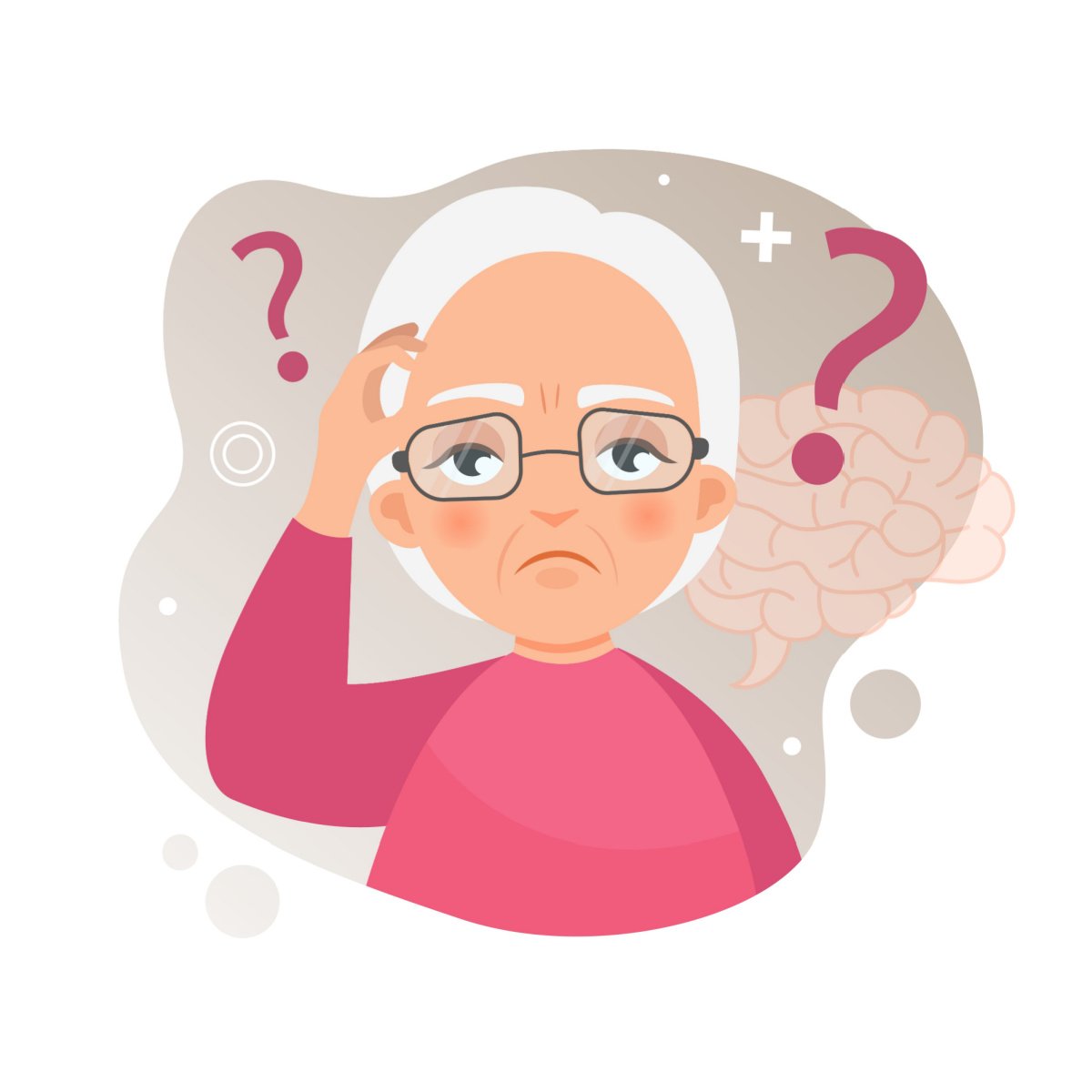"Give me the first letter," I say to the young woman at the check-in desk at my neighborhood health club. We had introduced ourselves at my last visit, but now I was stomped at her name.
She doesn't have to worry about remembering my name. A brightly lit computer screen, coaxed open by a swipe of my membership card, displays my photo and identity.
Also, she is in her 20's, as opposed to my 80's.
"D," she replies. Her face has a look of satisfaction. Our little quiz show brightens the 5 a.m. quiet.
"Dani!" I say, "Short for Daniel."
At age 84, my memory is in pretty good shape. But I don't leave it to chance. I have accumulated a handful of tricks to aid and bolster that part of the brain that taunts and frightens those of my generation. They are:
-As in my opening scenario, I'm not embarrassed to admit I can't remember someone's name. Even those younger than I stumble on recalling all the folks we encounter in a day.
If we've previously exchanged names, the first letter will send my mature mind meandering through the alphabet. In this morning's case, I didn't have to travel very far to come up with Dani. But in other quizzes, this trick gives me enough time to calm my worries and visualize the route of 26 letters.
-Place a Reporter's Notebook on every surface in your home. Mine -- wire rimmed at the top, 70-sheet, Gregg Ruled 11/32" -- sit on my counter adjacent to my computer. Also, on the space next to my fridge (grocery lists), on my TV table (Season, Episode, and paused point of current favorites), and at bedside where all sorts of ideas pop up, including this essay.
I prefer wire rimmed because it allows me to keep all previous notes, as opposed to Post-Its because those can mistakenly get tossed out. With my Reporter's Notebooks I can flip backwards to learn if a particular note has a history.
-Use both an electronic and paper calendar to record appointments and birthdays. This helps prevent a phone call from a friend that begins with, "Where are you?"
My iPhone calendar travels with me outside of my apartment. But once I book my next haircut on the device, upon arriving home, before shucking coat and shoes, I go straight to my paper calendar and repeat the entry.
-Write longhand in a journal every day. My time is 4 p.m. when I'm also listening to my favorite jazz artists and drinking my daily 4 oz. Chardonnay and lime sparkling water. (Yes, I measure. This essay should give you a clue to my rigid routines.)
Doris, my rescue dog, relaxes alongside me. This is her special time of day. We are nearly hip-to-hip. She loves my music selections. I am quiet, as opposed to pestering her with my babble.
I use a 5 x 8 inch, again wire rimmed, lined notebook to record the activities of my day. It is for my eyes only. I am allowed to also add tiffs, slights, accusations, and other lines that will never have a public viewing.
Along with being a most satisfying practice, I'm convinced that daily writing, in longhand, imprints memory in some part of my brain. I have no scientific proof of this. But again, I am 84 and I am composing this essay relatively easily. (The Reporter's Notebook at my bedside had been the recipient of the outline of this piece.)
Now, having written all of this, there is absolutely no guarantee that in my time left on earth I won't develop Dementia, Alzheimer's Disease, or any other ailment that hangs over older folks' heads like the sword of Damocles. (Per a Google search: a real sword, hung over the head of Damocles in the palace of King Dionysius II, in the city of Syracouse, in Sicily, in the 4th century B.C. Nowadays, it is a phrase used to depict life's unpredictability and possible existence of imminent danger.)
-The example above is my final tip. Instead of fretting over an evaporated word, phrase, or cinema star's name, try posing "what is the word that...." to a search engine. You'd be happily surprised at how many other healthy adults have replicated your quest.
